In Chennai, at the Fertilityworld IVF centre, the cost of self-cycle IVF starts from ₹90,000 up to ₹150,000; the price may vary if additional procedures are required, like ICSI, freezing, or genetic testing, with variations depending on the clinic’s reputation, technology, and your specific medical needs. Costs cover stimulation, egg retrieval, fertilization, and embryo transfer, whereas medications, freezing, and other add-ons can be excluded from the total cost.
- Book an online appointment: Get a free fertility consultation.
- Call\Wa:9311850412 Email: info@fertilityworld.in
Success rate of IVF in Chennai and its cost
What’s the success rate of IVF in India? | Statistics on IVF– In Chennai, the IVF success rate ranges from 35% to 85%. Basic cycles (own eggs), donor cycles, IVF with advanced procedures like ICSI, LAH, FET, TESA, etc., and repeat cycles influence the success rate. Age is another factor that affects IVF success rates. The type of IVF impacts the overall IVF cost. Explore the IVF success rate and its cost in the table below:
| Procedure/Service | Typical Cost Range (₹) | Notes/what’s included |
| Basic IVF (One Cycle) | ₹90,000 – ₹150,000 | A standard IVF cycle excludes add-ons such as donor programs or surgical |
| IVF + ICSI | ₹150,000 – ₹200,000 | Intracytoplasmic Sperm Injection (commonly advised for males) |
| IVF + TESA / PESA / TESE / MESA | ₹180,000 – ₹250,000 | IVF combined with surgical sperm retrieval—cost varies based on method |
| IVF + Laser Assisted Hatching (LAH) | ₹2,10,000 – ₹2,20,000 | An optional laboratory add-on aimed at improving embryo implantation |
| IVF + FET (Frozen Embryo Transfer) | ₹80,000 – ₹300,000 | Transfer of previously frozen embryos generally costs less than a full IVF with donor eggs |
| IVF + Donor Egg | ₹250,000 – ₹300,000 | IVF using donor eggs; includes donor-related expenses |
| IVF + Donor Sperm | ₹200,000 – ₹250,000 | IVF using donor sperm due to male infertility factors |
| IVF + PGT/PGS (Genetic Testing) | ₹250,000 – ₹350,000 | Advanced preimplantation genetic testing to screen embryos for chromosomal |
| Other additional services (separate cost) | ||
| Semen Analysis | ₹500 – ₹2,500 | Basic male fertility test; pricing varies depending on lab and test parameters |
| Surgical Sperm Retrieval Alone (TESA / PESA | ₹30,000–₹40,000 | Applicable if performed separately from an IVF package |
| Embryo Freezing | ₹20,000 – ₹40,000 | Initial embryo freezing procedure; annual storage charges are additional |
| Blastocyst Culture (Extended Culture) | ₹10,000 – ₹20,000 | Extended embryo culture up to day 5 or 6 before transfer or freezing |
| Note: *Prices are indicative and may vary by clinic, city, and individual medical requirements. | ||
Find out the best clinic for IVF in India: A top priority
The reputed IVF clinic greatly influences the success rate and its package. You’ll find thousands of IVF clinics on your browser list, but finding the best clinic for IVF in India from the list can be difficult for you. Here is our simplest and easiest assistance to follow to achieve IVF at the best clinic:
- Success Rates: Look for clinics with high success rates—consider Fertilityworld.
- Doctor expertise: The highly experienced IVF doctors make a big difference. Look for clinics with experienced fertility specialists, preferably with international training.
- Advanced Technology: With advancements in medical science and technology, it keeps upgrading, which ensures success. Opt for clinics that use cutting-edge technology, such as ICSI, TESA/PESA/MESA, laparoscopy, hysteroscopy, PGT-A, and laser-assisted hatching (LAH).
- Cost and Packages: Compare prices and packages among clinics, considering factors like medications, tests, and donor services. In pan-India, the branches of FertilityWorld are best renowned for their premium services with the most reasonable fertility cost
Self-cycle IVF cost in Chennai
Self-cycle IVF costs in Chennai start from ₹90,000 up to ₹150,000 per cycle. This package includes every bit required in a single cycle, including ovarian stimulation injections, the egg retrieval procedure, fertilization, blastocyst culture (Day 5 embryos), and transferring the resulting embryo(s) into the uterus to achieve pregnancy. Other inclusive charges include complete laboratory charges and expert fees—fertility specialist, embryologist, and anesthesia team. Consultation is free at FertilityWorld.
IVF is an assisted reproductive technology that is recommended for couples who cannot get pregnant or give birth despite having quality gametes. It retrieves and combines quality gametes (a woman’s eggs and a man’s sperm) in a laboratory dish and achieves fertilization, then implants them into the uterus. Such couples often conceive in their first attempts, but some have to undergo a repeat cycle. The Fertilityworld’s top-qualified and experienced doctors create miracles out of repeated failures.
Everything you need to know about IVF price in Chennai, India
The total cost of IVF may astound you at first because of how invasive it is. Our specific guidance on everything you need to know about IVF price will ease your doubts—you can visit the link or simply contact FertilityWorld. The IVF total package covers the following inclusive components:
- Doctor consultation & follow-ups
- Ovarian stimulation injections
- Ultrasound monitoring
- Egg retrieval procedure
- ICSI (Intracytoplasmic Sperm Injection)
- Blastocyst culture (Day 5 embryos)
- Embryo transfer procedure
- Embryo freezing/cryopreservation
- Childbirth assistance.
Inclusive IVF cost breakdown for self-cycle IVF
If you see the figurative IVF price, you may wonder what makes it so invasive. Therefore, the Fertilityworld team has jotted down a complete cost breakdown involved in self-cycle IVF. The table below summarizes every tiny thing that sums up the cost:
| Package Includes | Average cost | ||
| Doctor consultation & follow-ups | Free | ||
| Ovarian stimulation injections | ₹10K–₹40K | ||
| Egg retrieval procedure | ₹15K–₹20K | ||
| Blastocyst culture (Day 5 embryos) | ₹10K–₹20K | ||
| Embryo transfer procedure | ₹15K–₹20K | ||
| Expert fees—fertility specialist, embryologist, anesthesia team | ₹20K–₹20K | ||
| Complete laboratory charges | ₹20K–₹30K | ||
| Total | ₹90K–₹150K | ||
Inclusive Donor egg IVF Cost in Chennai
The cost of local donors & premium egg donors varies depending on their profiles. The premium donor charge is higher as a result of stricter selection criteria, increased demand for specific profiles, and increased operational screening and compensation costs. It primarily covers travel, medical treatment, and other expenses. In global comparison, IVF With Donor Eggs—Cost And Success Rate In India is very nominal and renders world-class donor services. Take a look at the estimated packages:
| Inclusive package | Average cost |
| Includes Everything as in Self IVF (excluding egg retrieval) | ₹90k-₹1.5k |
| Donor-cycle IVF:
Donor screening & medical clearance Donor ovarian stimulation injections Donor monitoring & retrieval charges Donor compensation (variable) |
₹250,000 – ₹300,000
Varies from donor to donor (₹60K–₹1.5L). Separate payment, as it depends on the ART bank. |
IVF treatment with donor eggs is recommended when the female partner is unable to produce good-quality eggs. Under this procedure, the egg is retrieved from the donor ovarian reserve by the embryologists and combined with partner sperm and fertilized in the laboratory. In 2026, the average donor egg IVF package in Chennai, or donor egg IVF costs in Chennai, is between ₹250,000 and ₹300,000 plus donor charges as per the certified ART banks.
Inclusive Donor sperm IVF cost in Chennai
The inclusive IVF using donor sperm due to male infertility factors is between ₹200,000 and ₹250,000, including donor expenses, according to ART Bank. Donor sperm is recommended when the male partner is unable to produce motile and active sperm due to certain fertility factors and cannot fertilize the partner’s eggs. The sperm is gathered through surgery or masturbation. However, before this donor sperm cycle, some foods can normalize males’ sperm morphology when followed. Here are “17 Foods to Improve Sperm Count & Quality.” Consult the Fertilityworld nutritionist experts.
Exclusive IVF cost breakdown: Conditions applied
- Oral medications (pay separately)
- Endometrial lining preparation medications for the recipient, Recipient blood tests, and Recipient oral medications
- coverage for complications (if they occur)
Egg Freezing—Cost & Benefits
The quality of a woman’s eggs declines with age, which is one of the primary reasons for infertility in later life. When couples choose artificial reproduction, one of the most common causes of IVF failure is a lack of quality eggs. Many women choose to store their peak fertility eggs early in life so that they do not have to worry about declining fertility later on. The cost of egg freezing in Chennai is very nominal and payable on a monthly/yearly basis at FertilityWorld. Oocyte cryopreservation is the process of removing a woman’s eggs, freezing them, and preserving their fertility potential for future use.
IVF in India vs Abroad Cost
In general comparison, the cost in Chennai is about 50% less than the IVF abroad costs. Due to their affordable IVF costs, India, Dubai, Kenya, Thailand, and Tanzania are the top locations. The cost of IVF treatment abroad varies significantly depending on the country, clinic, and type of treatment. You will be guided by Fertilityworld on everything you need to know about IVF abroad costs—encompassing the various infertility programs, success rates, and eligibility requirements. Here’s a breakdown of estimated costs:
| Country | Self-cycle IVF | Donor cycle IVF |
| India (Chennai)—for foreigners | $4,500 USD | $6,500 USD |
| India (Chennai)—for Indians | ₹90k-₹150k | ₹2.5-₹3 lac + donor expense |
| Dubai | $9500 USD | $13,500 USD |
| Kenya | $3500 USD | $6500 USD |
| Thailand | $4,500 USD | $6,500 USD |
| Tanzania | $5000 USD | $7000 USD onwards |
| Australia | 10,500 AUD | 11500 AUD |
| USA | $15,000 USD | $25,000 USD |
| UK | 5,000 pounds | 7500 pounds |
Cost of IVF with standard procedures in Chennai
In some fertility conditions, a basic IVF cycle may not give the results you expect. In such situations, advanced procedures go along with the IVF. Advanced IVF procedures target distinct fertility issues. Each standard procedure has its own separate cost, including
- Intracytoplasmic sperm injection (ICSI), especially for male infertility,
- Laser-assisted hatching (LAH) for quick embryo hatching of thick-layer,
- Intracytoplasmic morphologically selected sperm injection (IMSI),
- Surgical sperm retrieval (TESA / PESA / TESE / MESA).
- Frozen embryo transfer (FET)
- Genetic Testing
- Laparoscopy to treat endometriosis, scar tissue, and blocked tubes.
- All these procedures add extra cost to IVF but give efficient results.
IVF with advanced specific treatment & Procedure cost
In Chennai, the Fertilityworld IVF clinic offers you the most reasonable IVF with advanced procedures. It ensures safe and secure parenthood at very nominal packages that are discussed. Its finest doctors guarantee individualized programs from its 35+ years of experience. Are you worried? With advanced technology, your history of infertility is reversed into joyful parenthood.
IVF with ICSI cost in Chennai
| IVF with ICSI | ₹150,000 – ₹200,000 | Commonly, for male infertility. |
Intracytoplasmic Sperm Injection (ICSI) is a specialized IVF technique where a single sperm is directly injected into a mature egg using a microscopic needle, bypassing natural barriers and achieving fertilization. This advanced procedure is particularly used for severe male infertility issues like low sperm count or poor motility. This inclusive IVF with ICSI cost includes complete IVF procedures, ICSI, and parenthood.
Frozen Embryo Transfer (FET) cost in Chennai
| IVF with FET | ₹80,000 – ₹300,000 | Costs less than IVF with donor eggs |
The cost of Frozen Embryo Transfer (FET) in Chennai, when combined with IVF, is within ₹80,000–₹300,000 at FertilityWorld. FET alone can cost ₹80,000 to ₹300,000, including consultations, medications, and monitoring.
IVF with TESA/PESA cost in Chennai
| IVF + TESA / PESA / TESE / MESA | ₹180,000 – ₹250,000 | Cost varies |
Surgical sperm retrieval alone (TESA / PESA / TESE / MESA) can cost you ₹30,000–₹70,000. This is applicable if performed separately from an IVF package, but continuation with IVF costs between ₹180,000 and ₹250,000 in Chennai.
Laser-assisted hatching (LAH) cost in Chennai
| IVF + LAH | ₹2,10,000 – ₹2,20,000 | Improves embryo implantation |
If you’re a woman over 38 years old with records of thick embryo shells or IVF failure, the LAH creates a small keyhole in the outer shell (zona pellucida) of the embryo to facilitate hatching and improve implantation through the target laser. The cost of laser-assisted hatching (LAH) with IVF in Chennai ranges from ₹210,000 to ₹220,000.
PGT/PGS IVF cost Chennai
| IVF + PGT/PGS | ₹250,000 – ₹350,000 | Screen for chromosomal disorders. |
As shown in the table above, the PGT/PGS IVF cost in Chennai ranges from ₹250,000 to ₹350,000.
These technologies screen embryos for chromosomal abnormalities and genetic disorders before implantation during IVF. They are specially designed for aging (>38) women, recurrent miscarriages or implantation failure, or carriers of genetic disorders. This technology addresses:
- A successful pregnancy increases success rates. ,
- Reduced time to pregnancy
- Prevents genetic disease transmission,
- Reduces miscarriage rates,
- And prevents the transfer of embryos with genetic defects.
Best time to take an IVF pregnancy test: Cost dilution in the first symptoms
You may feel and keep thinking about the IVF cost you’ve paid, but all these worries and tensions will be diluted and disappear, as the results of the symptoms of pregnancy in the first month are a thrilling and uncertain time of surprises. After 2-3 weeks of embryo transfer, your first experience includes a missed period, fatigue/extreme tiredness, breast changes, nausea, implantation bleeding/spotting, and frequent urination. Abdominal bloating, light cramping, mood swings, and food aversions or cravings are the signs of good news that you like to hear.
Affordable IVF clinic in Chennai: Your Right Choice.
Are you looking for an affordable IVF clinic in Chennai? Fertilityworld is your top recommendation. Its reasonable IVF package (₹90,000 to ₹150,000) ranges from basic to advanced procedures (₹250,000 to ₹300,000), and repeated cycles come with an excellent success rate. The best doctors (Dr. Nidhi Sharma and her team) ensure individualized medical care and offer the most suitable options that save money and time.
Complexities & obstacles are inevitable—a blend of excitement & apprehension—but the Fertilityworld team assists in jumping over hurdles & leads you to build a family with great empathy & ART proficiency. The IVF cost offered by the clinic is always transparent and flexible, with no hidden costs unless an untoward condition like a complication interferes. As IVF is legal in India even for international parents, it welcomes all patients from all origins, but with differences in the package.
Transparent IVF pricing in Chennai: No hidden cost
All about transparent IVF pricing is possible. A single cycle, starting from consultations, medications, IVF procedures (stimulation, egg retrieval, sperm collection, fertilization, and embryo implantation), laboratory charges, and pregnancy monitoring, transparent IVF pricing comes under transparent IVF pricing of ₹90,000 and ₹300,000 in Chennai.
Based on the medical conditions, when a recommendation or compelled situation arises to use donor egg(s)/sperm, advanced procedures (ICSI, LAH, FET, PGT/PGS, surgical sperm retrieval), or the need for a repeated cycle, the utmost IVF pricing at Fertilityworld can reach ₹300,000. Many clinics do not disclose the exact cost because it relies upon the medical responses, fertility conditions, complications (rare), and the number of other tests and treatments to treat the conditions. Therefore, consider Fertilityworld as your ultimate IVF clinic to achieve parenthood in Chennai. Contact us today.
EMI options for IVF in Chennai
IVF package deal EMI options in Chennai are offered by Fertilityworld to help manage your IVF cost, ranging from ₹1.25 lakh to ₹3 lakh per cycle. Or made available an installment option for you to pay at different intervals. Some key IVF financing options include:
0% Interest Plans: Clinics like Fertilityworld offer IVF at 0% interest plans, making it more affordable for parents to undergo treatment. Or you can pay at different intervals: This option allows couples to pay for their IVF treatment in installments, making it more manageable.
| Payment breakup | Payment Schedule |
|---|---|
| 1st Payment | At the time of IVF registration |
| 2nd Payment | During the egg retrieval |
| 3rd Payment | At the time of embryo creation |
| 4th and last payment | After the embryo transfer is done. |
Cost of IVF for International couples in Chennai (India)
Both IVF options, self-cycle/donor cycle plus advanced procedures, are legal for international couples in India. However, paying directly to the donor is illegal, but compensation like travel costs, medical care, and insurance is covered. In Chennai, IVF for international patients is charged in USD unless the patient is of Indian origin or an OCI cardholder. But the numerical cost remains the same for Indians. Let’s take a look at the table for your quick understanding:
| IVF types | Cost in Dollars | notes |
| IVF + self eggs | 4500-5000 USD | Does not include blood tests for the intended couple and oral medication |
| IVF + donor egg | 6000-6500 USD | |
| IVF + Caucasian donor egg | 4500 USD | Caucasian egg donor cost usually ranges between 10,000 & 15,000 (including stimulations, stay, medical screening, egg retrieval, and potential compensation ) |
| Also, we have two types of Indian donors | ||
| Local donor Egg | 2200 – 3800 USD | Depends upon their profiles, & according to the registered art bank |
| Premium egg donor | ||
The total package of IVF costs also covers the following assistance offered at Fertilityworld:
- Receive free first consultations
- Legalization/documentation,
- Visa Invitation,
- Airport pick-up and drop-off,
- Arrangements of apartments or hotels.
Factors Affecting the IVF Cost in Chennai
There are different factors that affect the IVF cost. But such factors are necessary for successful treatment. Not all, but depending on your medical conditions and your clinic destination, it can influence the cost. Below, we have described the cost-affecting factors for you to understand before the treatment so you can better estimate the cost of IVF in Chennai and make informed decisions about your treatment.
- Age of the woman: Older women above 35 years may require more medication or specialized procedures, which affects the IVF cost.
- Number of IVF cycles: Each repeating cycle adds about 50% to the overall cost, but clinics like FertilityWorld offer discounts for package deals.
- Use of donor eggs or sperm: The cost of IVF with donor eggs or sperm can range from ₹250,000 to ₹300,000 per cycle. But a donor cycle is required to achieve parenthood if couples have poor-quality gametes (egg/sperm).
- Type of clinic and doctor’s expertise: Clinics with high success rates, modern infrastructure, and advanced facilities may charge more. Top-tier clinics and renowned fertility specialists generally charge higher fees.
- Medications and Hormonal Support: The cost of medications can vary depending on the type and dosage required, and the number of doses depends on the individual’s medical responses. Hormonal injections and stimulation medications can add up to ₹50,000 per cycle.
- IVF with advanced procedures: The cost of IVF with advanced procedures (ICSI, LAH, FET, TESA/PESA, PGT/PGS, hysteroscopy, etc.) can add 50-60% more to the basic cycle.
- Embryo freezing and storage: Freezing the extra unused embryo can save fresh preparation time and money if you wish to have another child later. The cost of embryo freezing can add ₹20,000–₹40,000 to the overall cost. Initial embryo freezing procedure; annual storage charges are additional.
- Insurance Coverage: Some insurance plans may cover part or all of the IVF costs, which can significantly reduce the out-of-pocket expenses. Consult Fertilityworld for your IVF insurance in Chennai.
- Other medical conditions: women having foamy urine, if caused by proteinuria, may indicate risk factors like preeclampsia in later pregnancy (low birth weight or premature delivery): 9 foamy urine causes and symptoms. It needs urinalysis which can add invisibly to the IVF cost.
Best infertility doctor in Chennai in 2026
You can experience the legit experiences of IVF treatments from these top 10 IVF doctors in Chennai. Dr. Pammy Murthy & Dr. Rukkayal Fathima stand out as the finest infertility specialists among the top. Their comprehensive and compassionate service can be experienced at FertilityWorld—”Best IVF centre in Chennai 2026.”
The FertilityWorld in Chennai functions under the expertise of Dr. Pammy Murthy, who is a chief embryologist with more than 35 years of experience in the fertility field. Dr. Pammy Murthy is the founder and managing director of Chennai’s best IVF clinic—Miracle Advanced Reproductive Center Chennai. For personal interaction with these finest infertility doctors in Chennai, please contact the FertilityWorld coordinators team to schedule your appointment.
Frequently Asked Questions: Get concise answers.
Why choose Fertilityworld in Chennai: Your decision is our top priority.
Dear infertile parents, seeing advertisements of nominal figures in IVF prices must not be your sole focus because IVF has complex steps to reach its success. In Chennai, Fertilityworld is the most prominent IVF clinic, having over 35 years of experience with doctors, embryologists, gynecologists, and different staff. Being the oldest and highly experienced, it understands the ways and conditions of your infertility and accordingly ensures individualized care for hopeful parenthood. The Fertilityworld clinic’s reputation and success rate are immeasurable when it comes to the IVF cost they offer—very nominal with premium services assured. We understand that the parenthood journey with financial investment can be doubtful, but considering Fertilityworld can be your solid decision for starting your family. Contact us today.


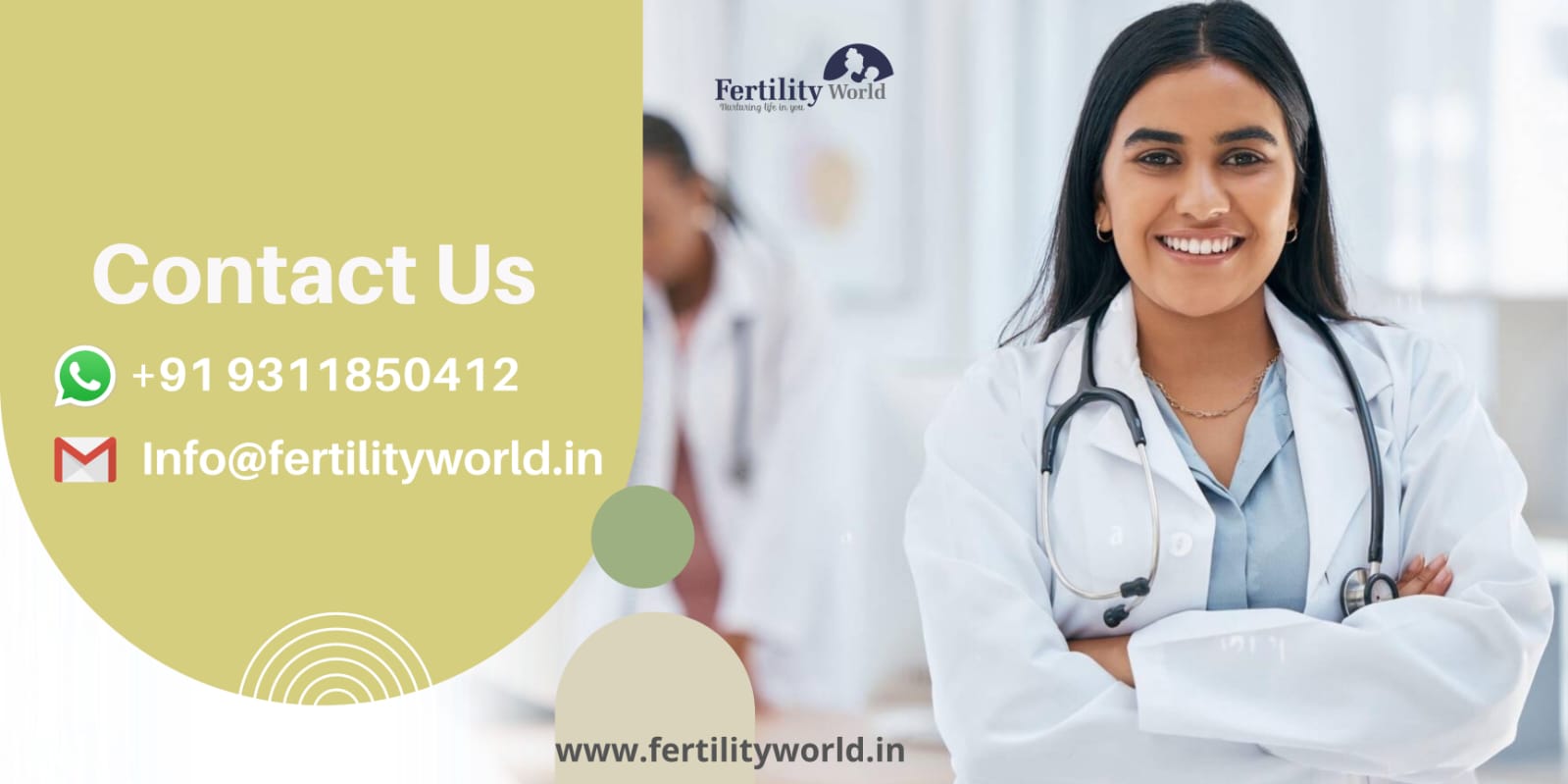
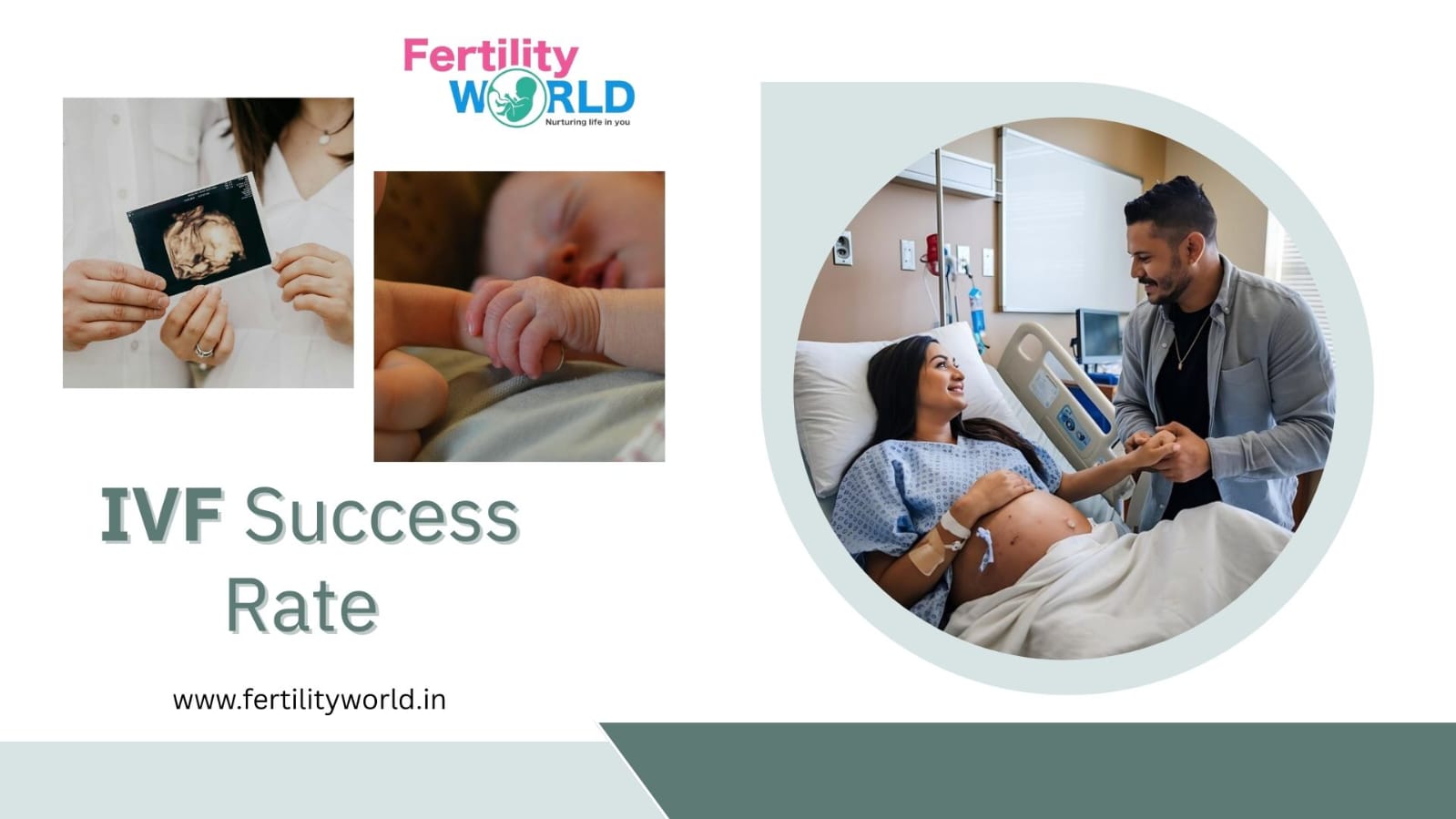
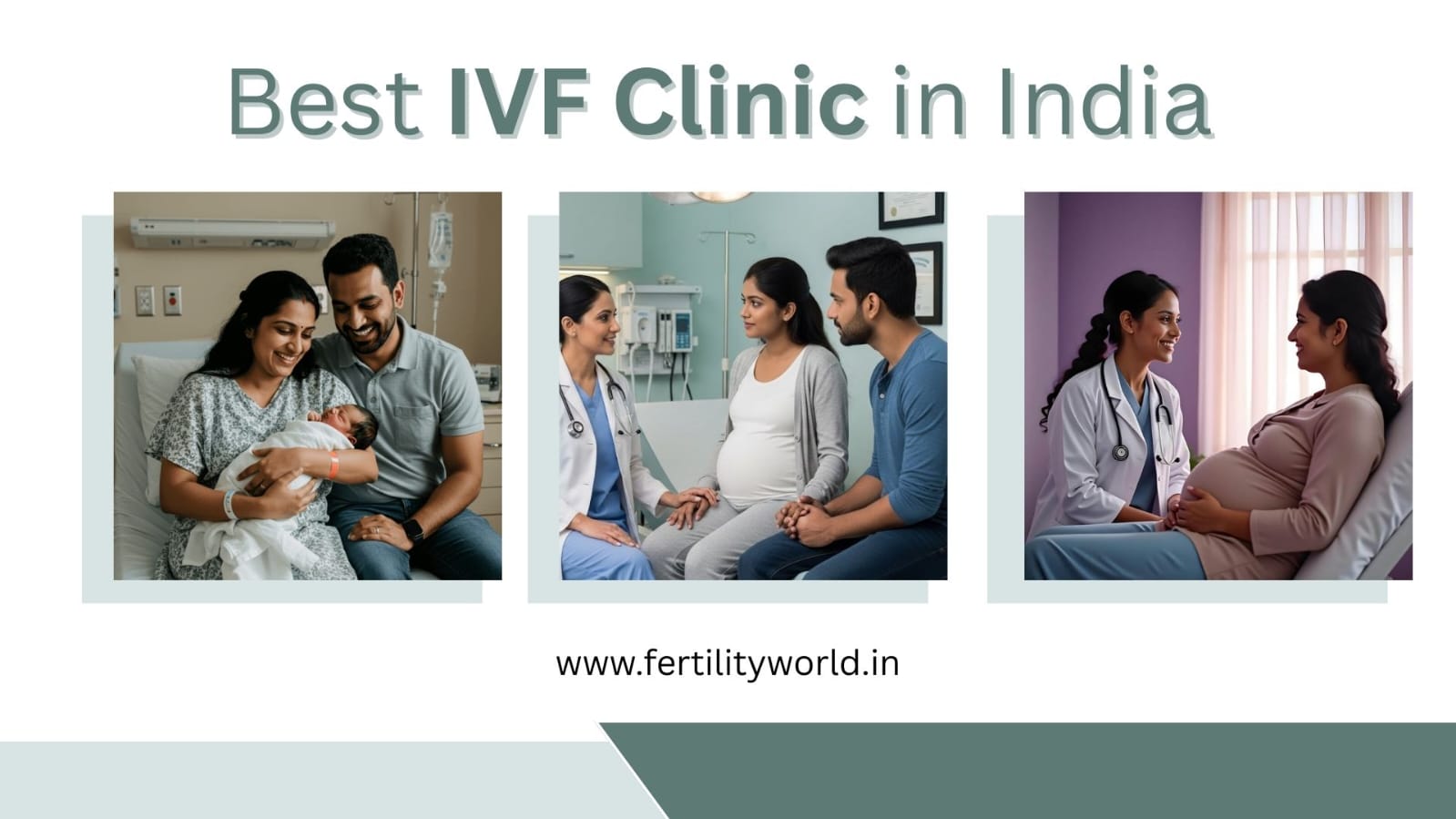
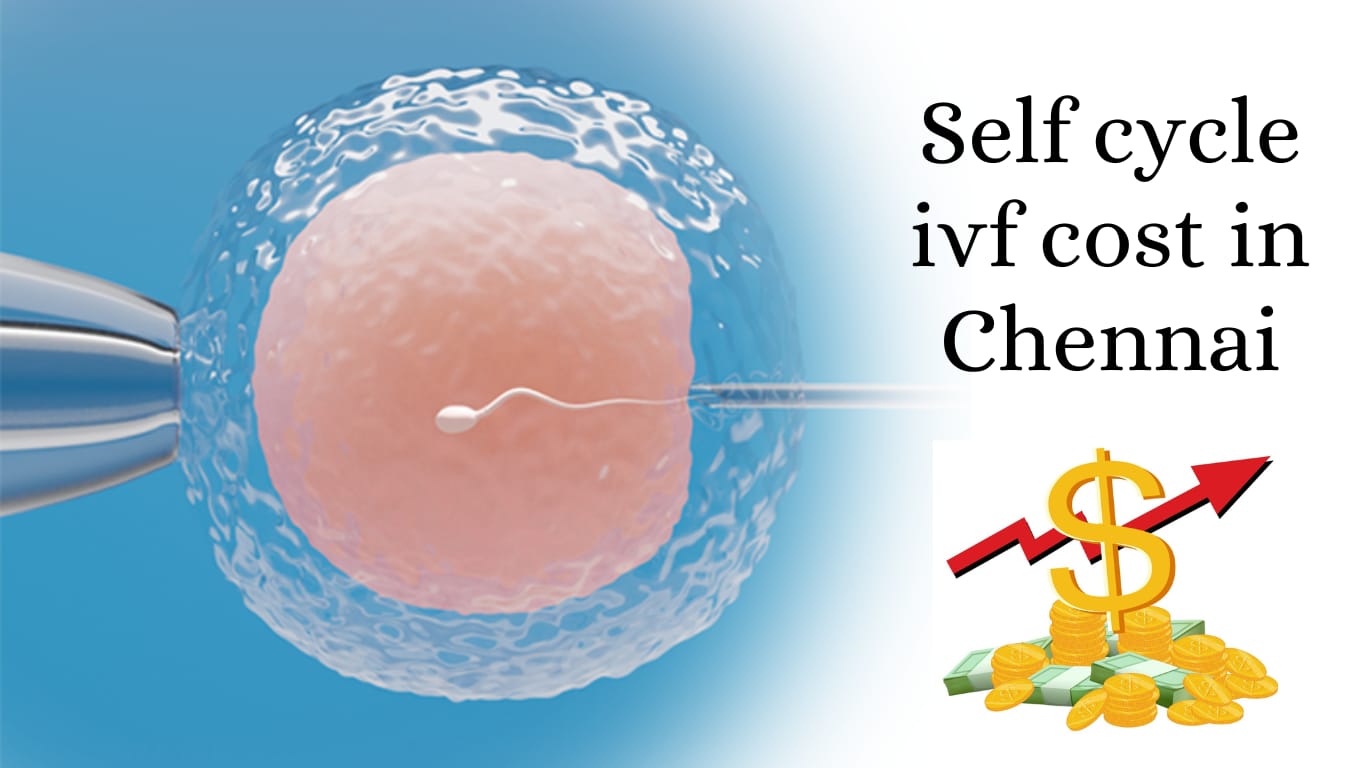
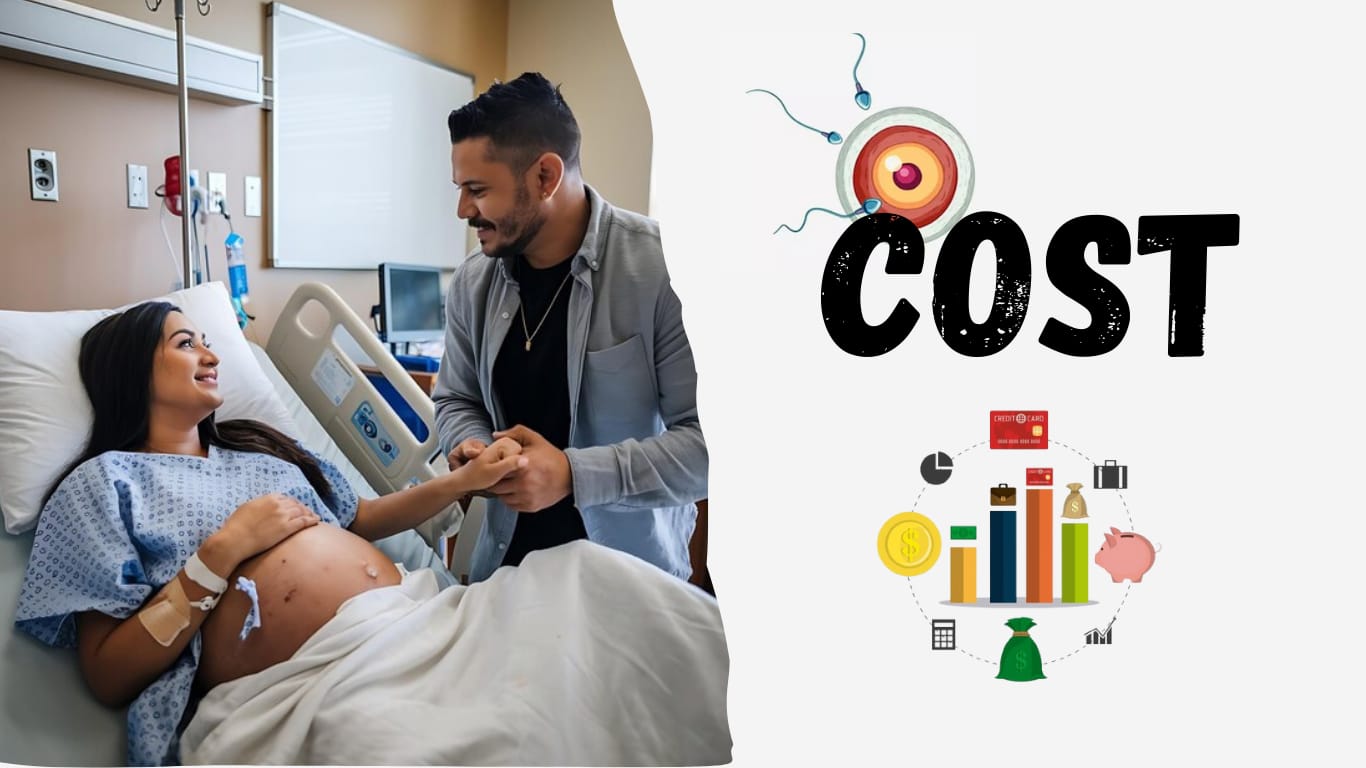
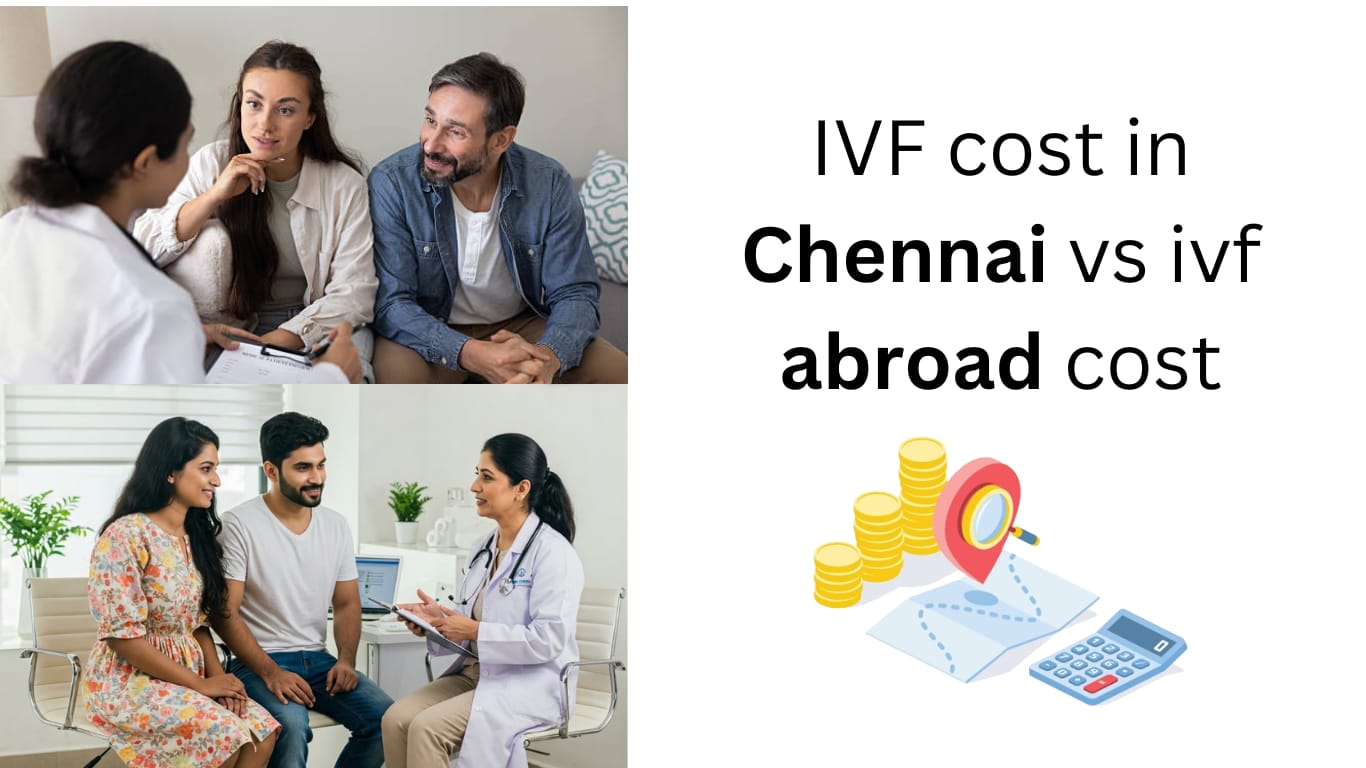
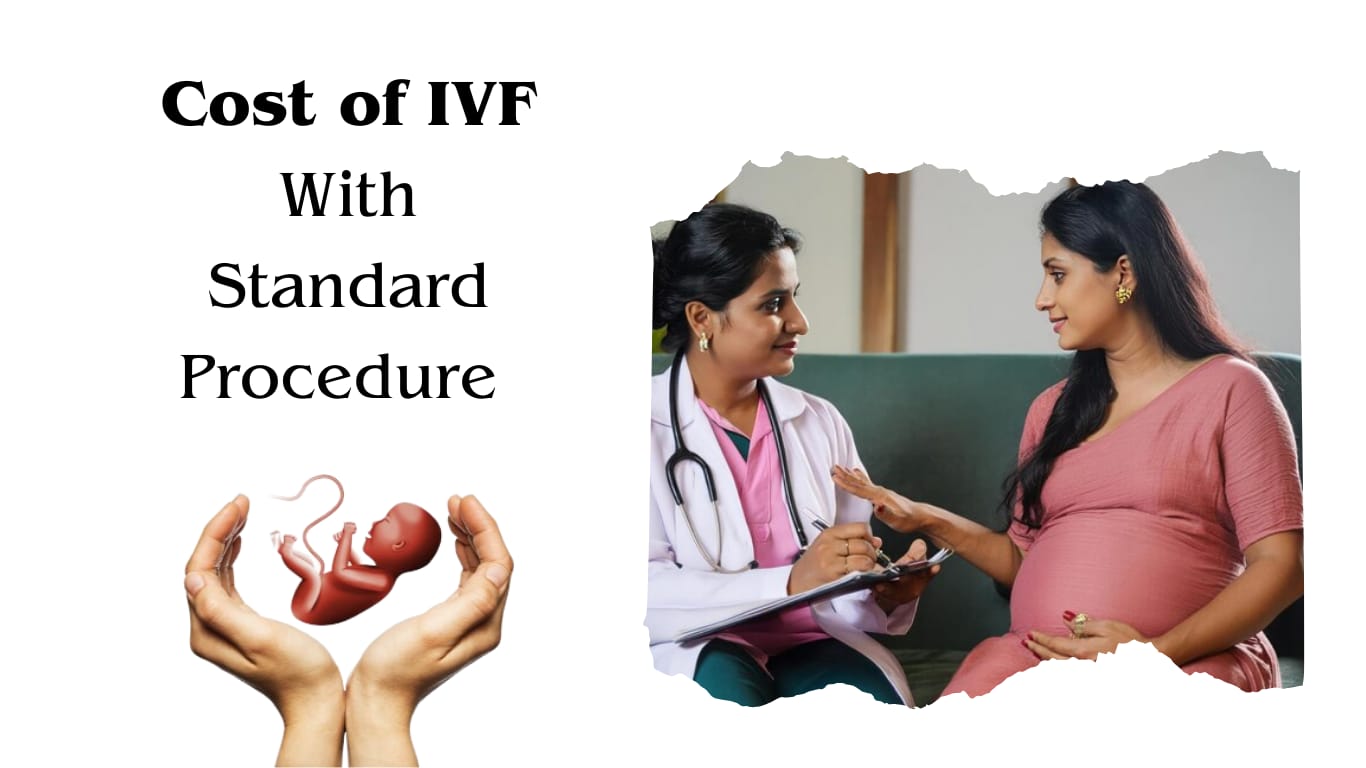
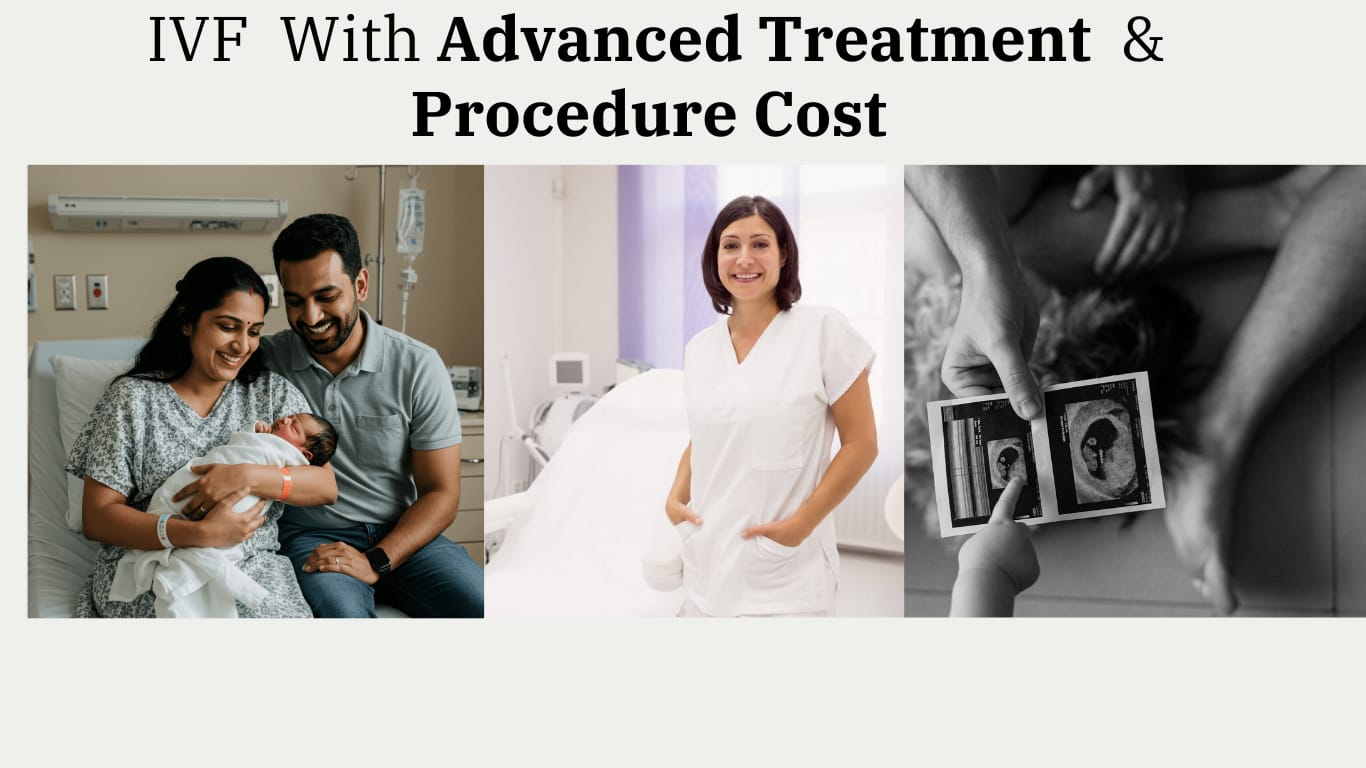

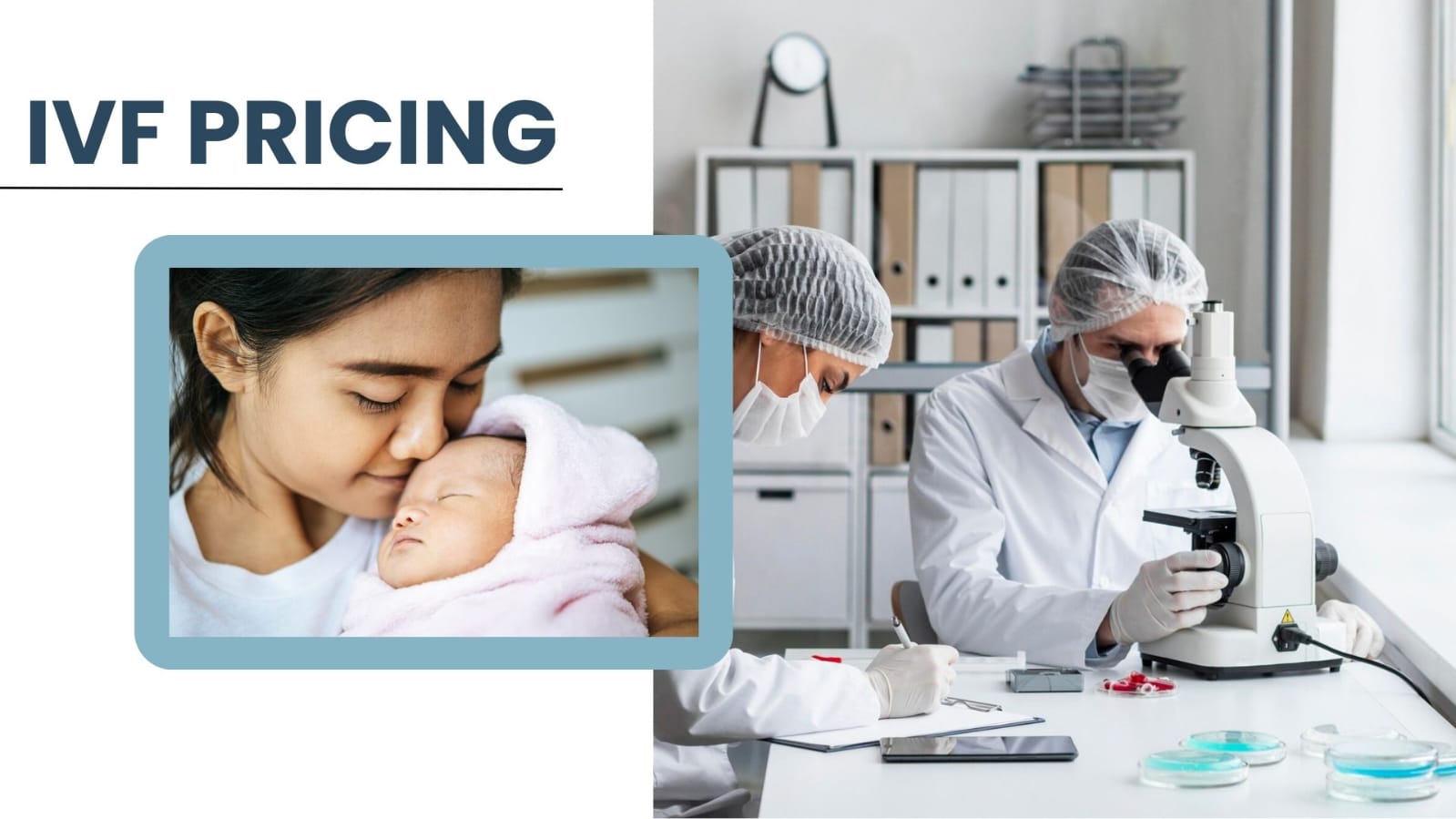
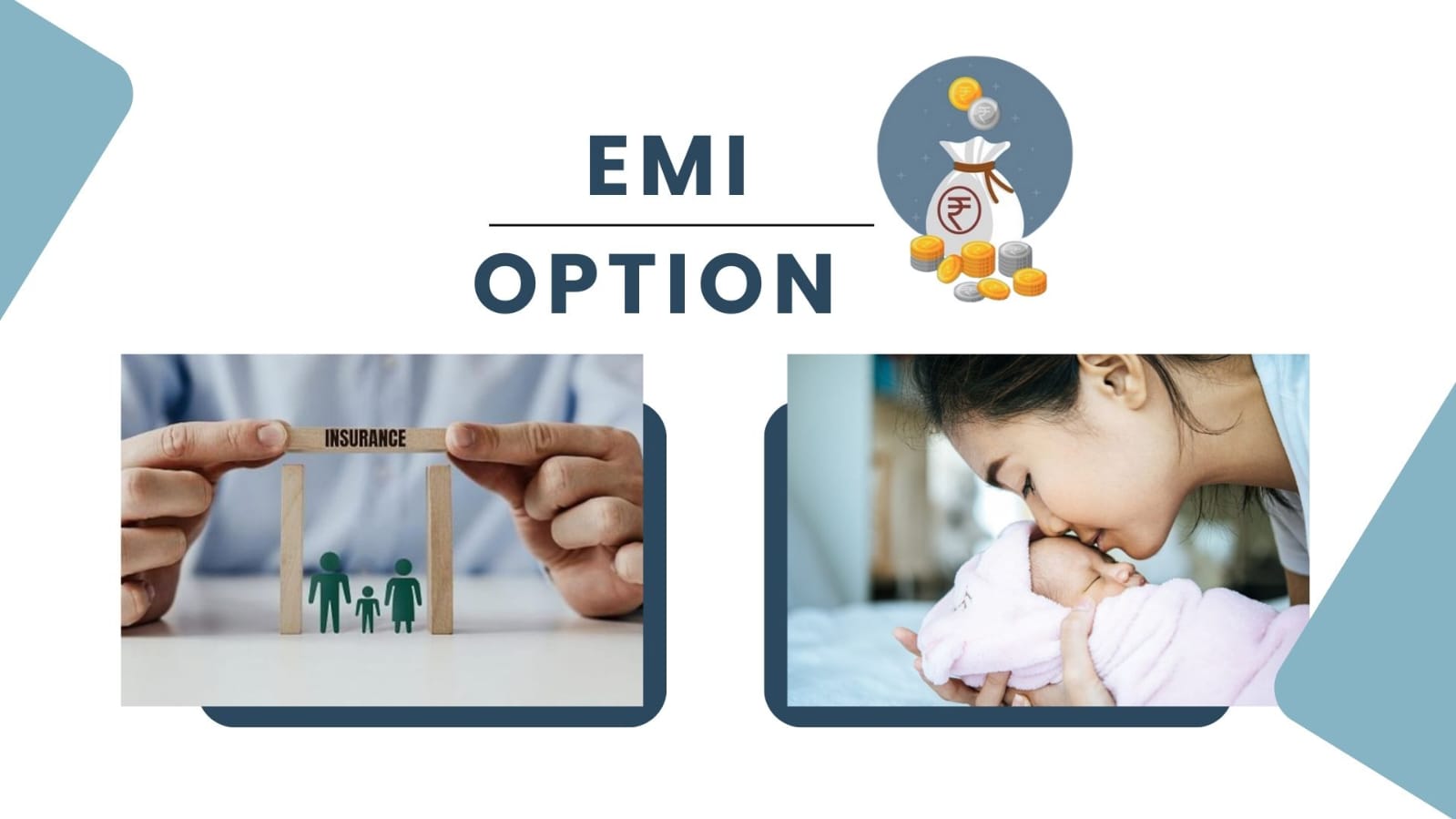
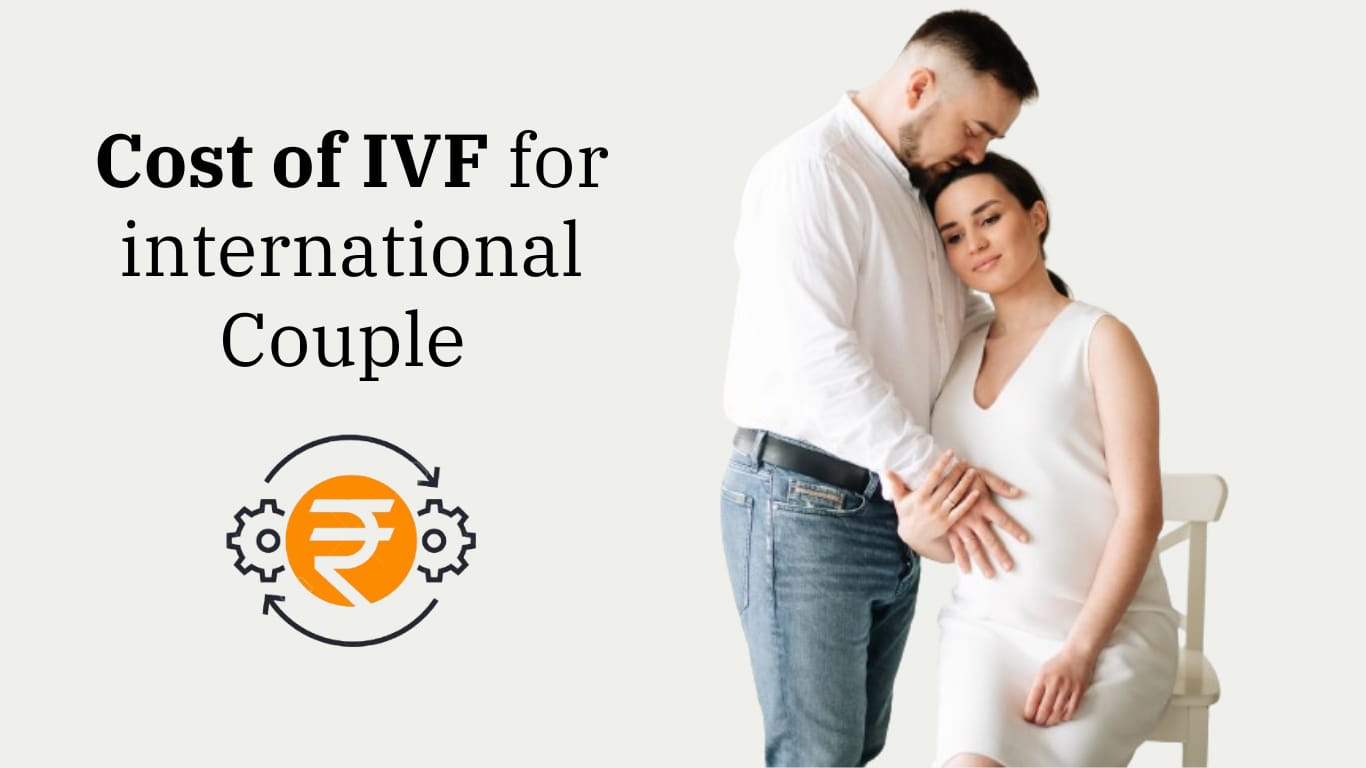
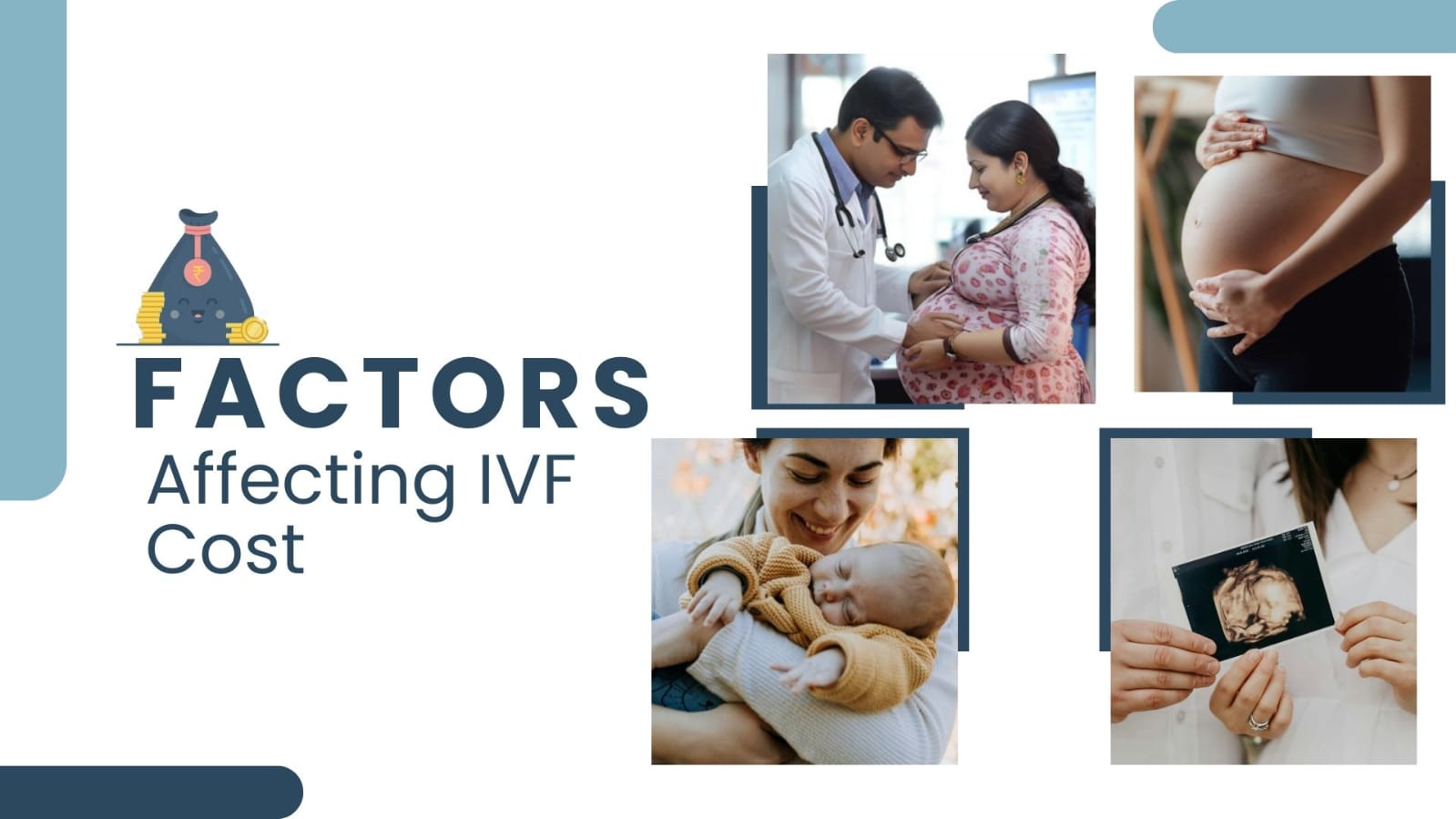

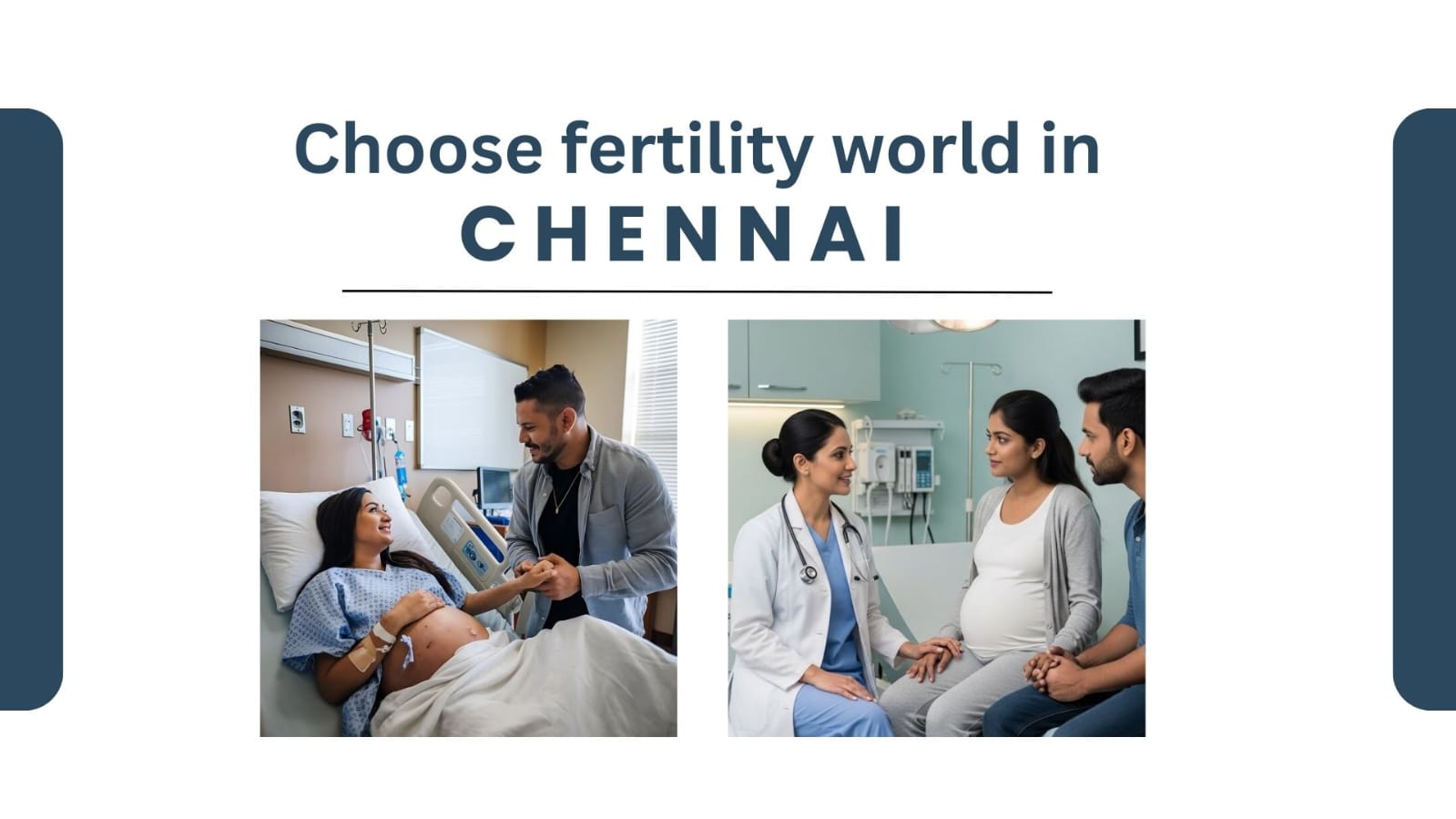

2 thoughts on “IVF Cost in Chennai”